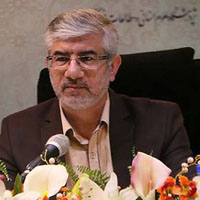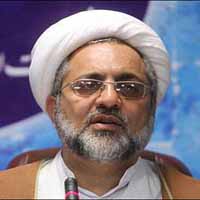Fundamentals and methods of self-knowledge art (wisdom and art) from Ibn Arabi's point of view
In mystical discussions, one of the noteworthy concepts is self-knowledge or self-knowledge. One of the mystics who worked hard in this field was Muhyiddin Ibn Arabi, the father of theoretical mysticism in the seventh century AH. Self-knowledge or self-knowledge is the basis for knowing all the truths and the condition for getting out of the confusion and confusion in this world, which is possible by moderating the soul and the natural temperament of the body. Ibn Arabi considers the knowledge of the soul as the basis for the knowledge of the Lord. In this article, by examining the worldview and understanding of the knowledge of the soul from his point of view, in order to achieve this important goal, such as self-cultivation, remembrance, thought, negation of memories and knowledge of the diseases of the population; Understanding the impact of mood disorders on the path of self-knowledge can also be achieved. On the other hand, the obstacles to gaining self-knowledge have been studied. Finally, it can be said that Ibn Arabi's mystical tradition emphasizes the cognition of the soul in order to reach the knowledge of the Lord, and for this purpose, it has received help both from inside man and from outside him. The research method of this article is based on a library study.
Knowing God , Self-Knowledge , Art , Mood
-
Exploring Positive Psychology Components of Martin Seligman's Theory within the Supplications of Imam Sajjad (AS)
Zahra Hasani-Chenar, *, Mojgan Sarshar
Journal of Pizhuhish dar din va salamat, -
An Investigation of Religious and Mystical Experience from Ibn Arabi's Viewpoint and Comparing it with Revelation
Mitra Kazemi Tabriz, *,
Journal of Islamic Mysticism, -
The Philosophy of Divine Existential Permission for Sin from the Perspective of Islamic Mysticism and Its Impact on Human Life in the World of Nasut
ZAHRA ARDEKANIAN, Mohammadtaghi Faali *,
Journal of Research Bulletin for Lifestyle,




